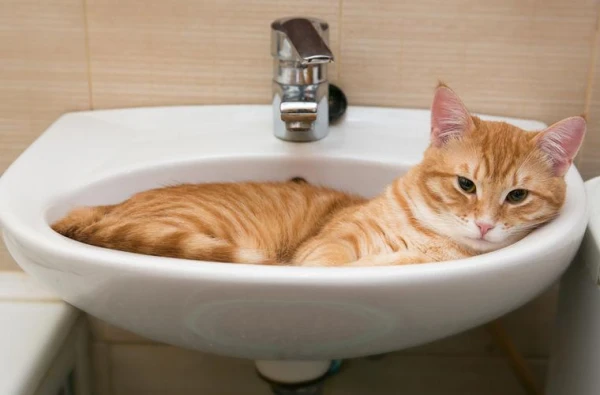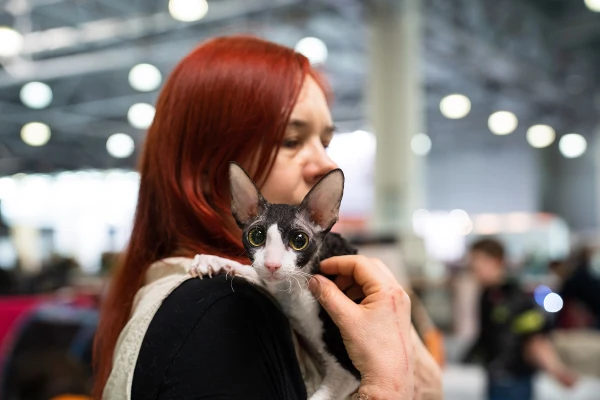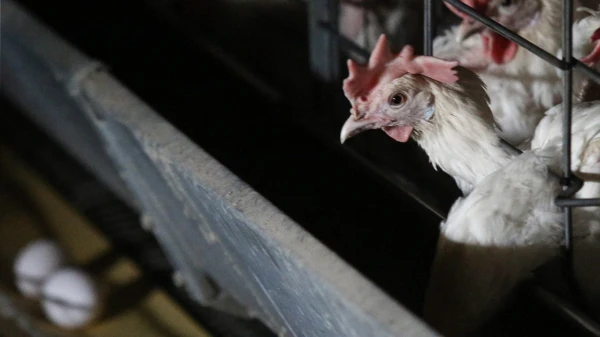
More than half of cats suffering from various diseases do not undergo veterinary examinations and do not receive necessary treatment. This is reported by the Korean veterinary portal dailyvet.co.kr, citing the results of a joint study conducted by the University of Bristol and Royal Canin in South Korea. Scientists highlighted the main signs that may indicate hidden health problems in cats. One such sign is increased water consumption, which may indicate the presence of an endocrine disease.
From 2010 to 2021, researchers collected information on the health status of 2,191 cats under the age of 9. An analysis of more than 14,400 records revealed that over 50% of cats do not undergo veterinary examinations and do not receive timely treatment.
“This is because cats tend to hide pain or discomfort, so their owners do not visit veterinary clinics until clear symptoms of a serious illness appear,” the scientists explained.
The most common signs of hidden diseases in cats identified by researchers were changes in appetite, increased water consumption, vomiting, and diarrhea. “These symptoms may be temporary, but they can also indicate serious problems. For example, increased water consumption is one of the common signs of hyperthyroidism in cats, which, if not treated in time, can threaten the animal's life,” the publication quotes the researchers. Hyperthyroidism is an endocrine disease associated with thyroid dysfunction.
Additionally, the researchers noted that only 6.7% of cats under 9 years old underwent oral examinations. This figure is extremely low, considering that 75% of the studied animals had dental problems and needed dental examinations.
A survey of pet owners showed that they do not regularly visit veterinary clinics due to the stress they experience (25% of respondents). However, 67% of owners stated that they would take their pets for check-ups more often if the process were more convenient and less stressful.
The Chief Veterinarian of Royal Canin in South Korea, Kwak Yong Hwan, urged owners not to forget that even minor changes in a cat's behavior can indicate the presence of a serious illness, making it extremely important to conduct regular veterinary examinations of the animal. “This would allow for the early detection of dangerous diseases,” the publication cites his words.













Leave a comment